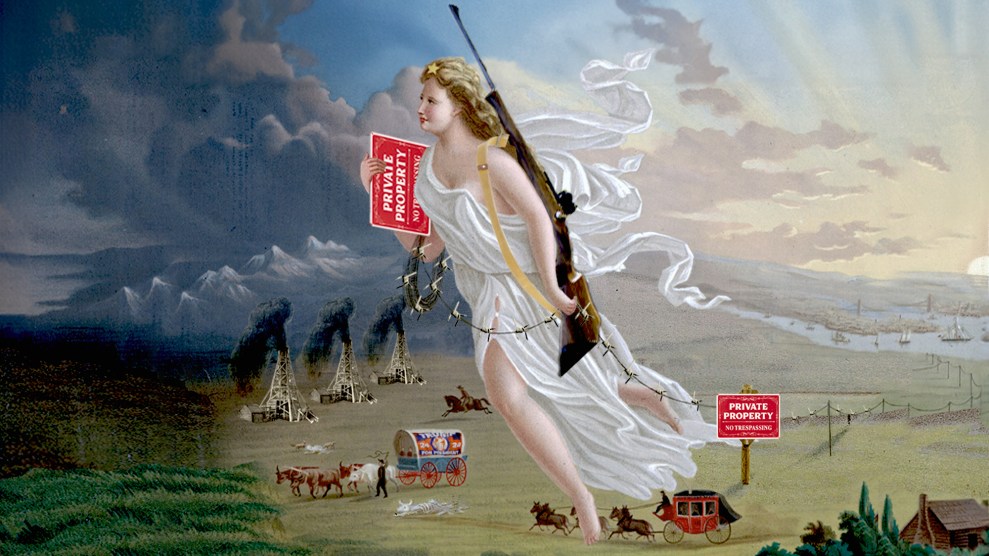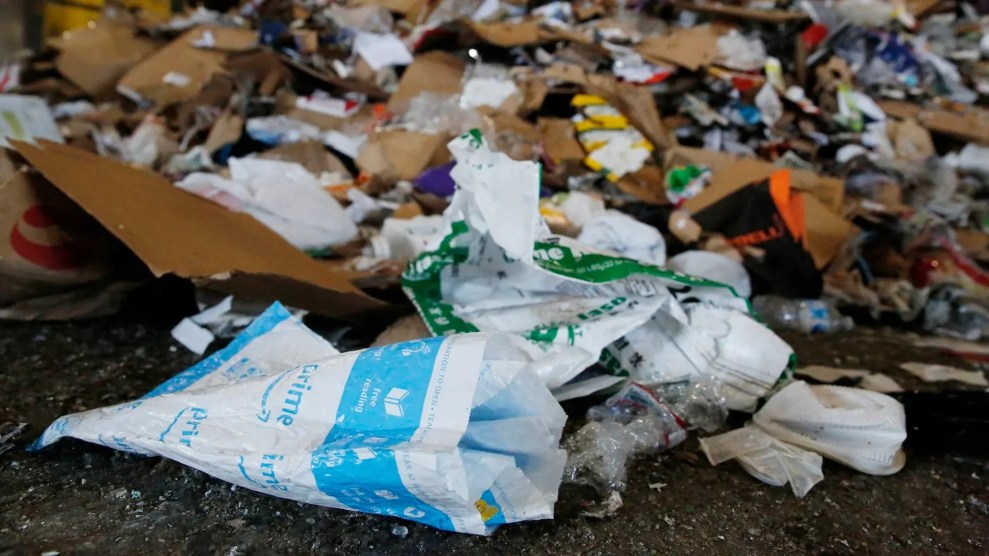Bethany McLean, a contributing editor at Vanity Fair, is writing a book about the financial crisis with the New York Times‘ Joe Nocera. She has a piece in Tuesday’s Times that must preview the thrust of the book to some extent. The gist of McLean’s argument is that the government, not Wall Street (read: Goldman Sachs), is the “real villain of the financial crisis”:
It’s dishonest and ultimately dangerous to pretend that Goldman is the only bad actor. And the worst actor of all is the one leading the charge against Goldman: our government.
What follows is a long list of the government’s failings before, during, and after the financial crisis:
[I]t was the purported regulators, including the Office of the Comptroller of the Currency and the Office of Thrift Supervision, that used their power not to protect, but rather to prevent predatory lending laws. The Federal Reserve, which could have cracked down on lending practices at any time, did next to nothing, thereby putting us at risk as both consumers and taxpayers. All of these regulators, along with the S.E.C., failed to look at the bad loans that were moving through the nation’s banking system, even though there were plentiful warnings about them.
More important, it was Congress that sat by idly as consumer advocates warned that people were getting loans they’d never be able to pay back. It was Congress that refused to regulate derivatives, despite ample evidence dating back to 1994 of the dangers they posed. It was Congress that repealed the Glass-Steagall Act, which separated investment and commercial banking, yet failed to update the fraying regulatory system.
It was Congress that spread the politically convenient gospel of home ownership, despite data and testimony showing that much of what was going on had little to do with putting people in homes. And it’s Congress that has been either unwilling or unable to put in place rules that have a shot at making things better.
This is right. Government—the executive branch, Congress, the Fed, and independent regulators—all fell down on the job. But McLean’s overall thesis is dubious. You’d be hard-pressed to find anyone who is “pretending” that “Goldman is the only bad actor.” That’s ridiculous. McLean goes on to suggest that Congress should “have its turn on the hot seat as well.” Does she know there’s an election in November? One reason that there’s so much voter anger out there right now is because people don’t just blame Wall Street for the crisis—they blame Congress and the government, too. And as David has written, people are actually less angry with Wall Street than you might expect.
McLean is arguing against a straw man. Even the leftiest of lefties don’t need convincing that government and regulators screwed up. Liberals just believe that stronger, simpler, blunter rules would make it harder for regulators to avoid doing their jobs.












